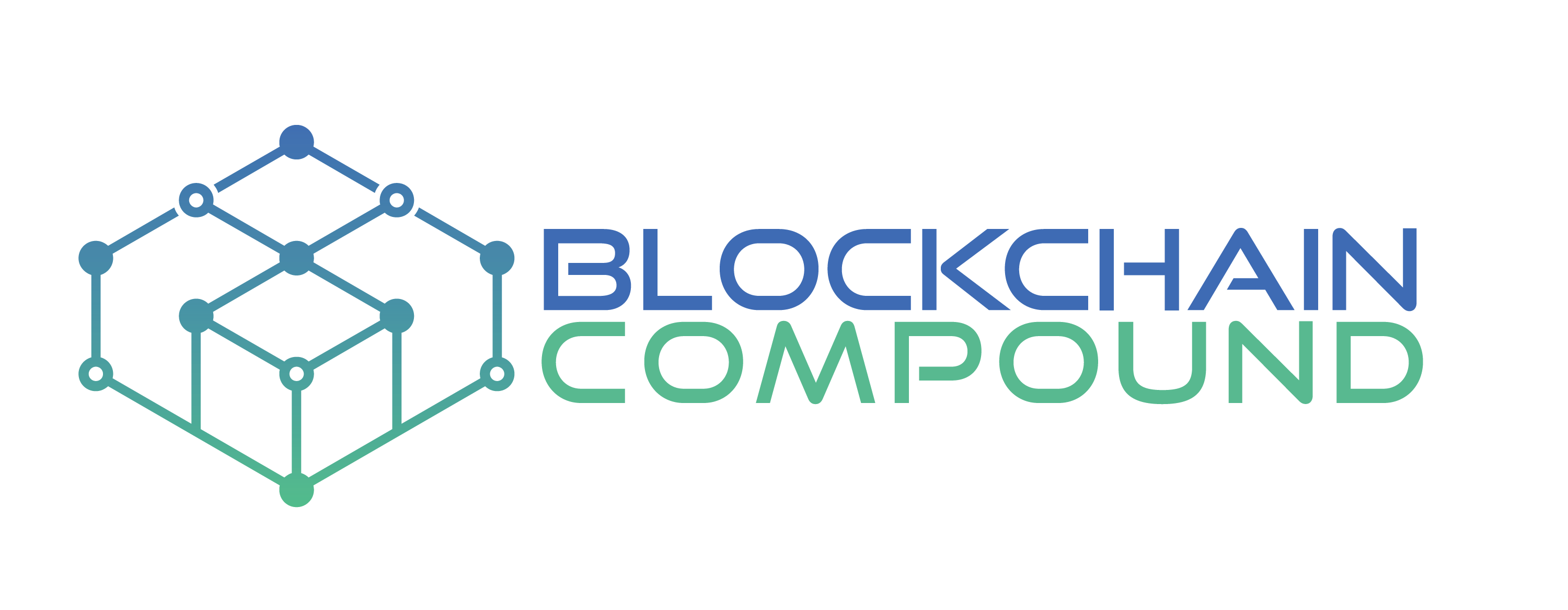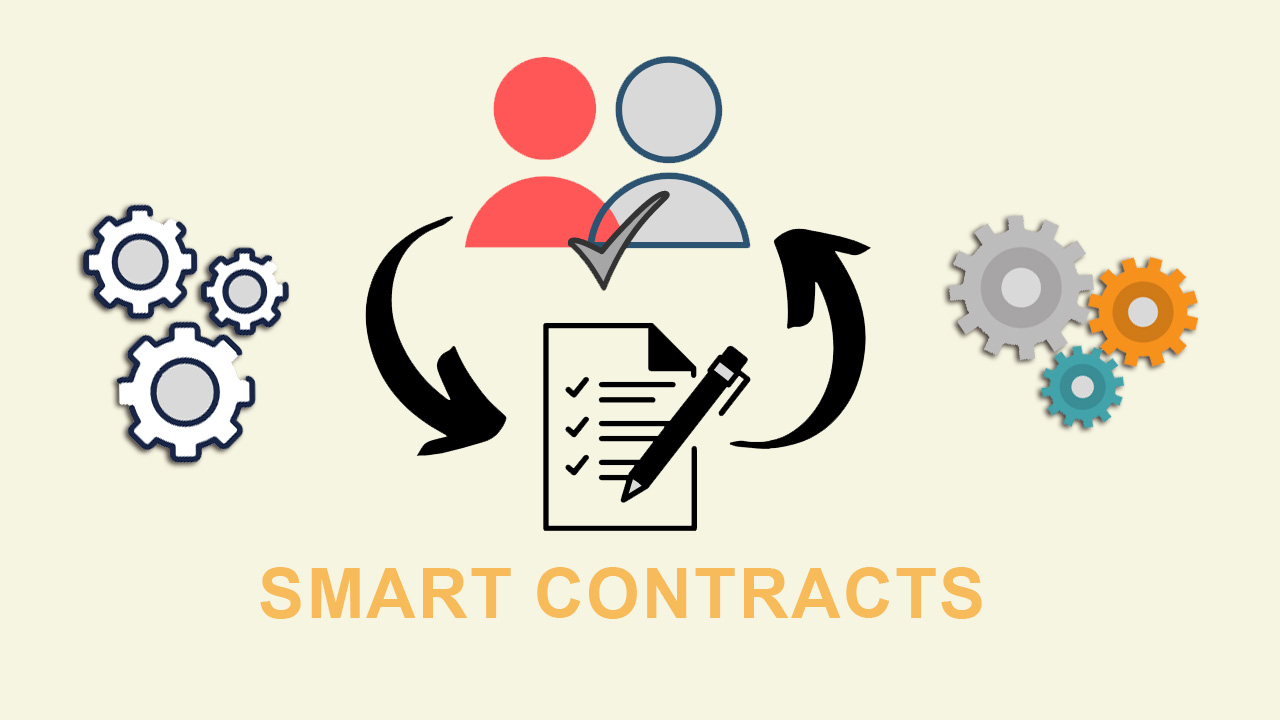Smart contracts were first proposed by computer scientist Nick Szabo in 1994. He defined them as “a set of promises, specified in digital form, including protocols within which the parties perform on these promises.” Szabo’s concept laid the foundation for the development of blockchain-based smart contracts, which enable the creation of self-executing contracts that automatically enforce the terms of an agreement without the need for intermediaries.
The First Smart Contract
In 2014, Vitalik Buterin wrote a revolutionary piece of code that would forever change blockchain technology. This groundbreaking invention was called a smart contract, and it was created for use on Ethereum’s blockchain network. This smart contract was called the “Ethereum Virtual Machine” (EVM) and it allowed for the creation of decentralized applications, also known as dApps. Ethereum Virtual Machine revolutionized programming capabilities, allowing for smart contracts to be written in a language similar to JavaScript – Solidity. Effectively, this technology has greatly enhanced development of decentralized applications. Thanks to the ability to self-execute, smart contracts can take action without needing human input when specific conditions are satisfied. This has given rise to numerous potential applications in different sectors including finance, real estate, and supply chain management.
Smart Contracts: Blockchain technology enables the creation of self-executing contracts with the terms of the agreement between buyer and seller being directly written into lines of code.
A smart contract is a self-executing contract with the terms of the agreement between buyer and seller being directly written into lines of code. The code and the agreements contained therein exist at a decentralized platform and exist over a blockchain network.
A smart contract contains a set of rules and regulations under which the parties of the contract agree to interact with each other. When these rules are met, the contract automatically executes the agreed upon terms. The terms of the contract can be anything from the transfer of assets, such as money or property, to the exchange of information.
Smart contracts enable the automation of digital transactions, which can save time, reduce costs and increase transparency. Blockchain technology is an incredibly versatile technology, often utilized to craft decentralized applications (dApps). These dApps have limitless potential applications, including supply chain management, voting systems, and digital identity management.
It’s worth noting that smart contracts are not legally binding and are not recognized as a legal document in most jurisdictions, however they can be used as an evidence in case of disputes.
Use cases for a Smart Contract
- Supply Chain Management: When it comes to managing a supply chain, smart contracts can be incredibly helpful. Robots are changing the way supply chain businesses operate. By automating certain tasks, they provide a level of efficiency that was not possible before. Examples include improved transportation of items and quick payment for invoices. It’s clear to see just how powerful this technology is when we look at various examples in the real world.
- Real Estate: Smart contracts can be used to automate the process of buying and selling property, including the transfer of ownership and the payment of taxes and fees. This can make the process more efficient and reduce the need for intermediaries.
- Insurance: Smart contracts can be used to automate the process of claims handling, including the verification of claims, the payment of benefits, and the management of disputes.
- Banking and Finance: Smart contracts can be used to automate the process of financial transactions, including the issuance and trading of financial instruments, such as bonds and derivatives.
- Healthcare: Smart contracts can be used to securely and transparently manage electronic health records (EHRs), including the sharing of patient information and the management of consent.
- Energy: The automation of energy trading, including the tracking of renewable energy credits (RECs) and overseeing demand response programs, is made more efficient with the help of a technology known as a ‘smarts contract’.
- Gaming: Decentralized gaming platforms are becoming increasingly popular, as they offer the ability to utilize the power of blockchain technology via the utilization of ‘Smarts Contracts’.
- Identity Management: Smart contracts can be used to create decentralized identity management systems, which enable secure, private, and portable digital identities.
Smart contracts have come a long way in recent years, with various use cases being explored and developed. From finance to supply chain management, the potential applications of this technology are far-reaching. It is expected that further breakthroughs will be made, allowing for novel uses of smart contracts in the foreseeable future.
Benefits of using Smart Contracts
Smart contracts have several benefits, including:
- Automation: Smart contracts automate the execution of digital transactions, which can save time, reduce costs, and increase efficiency.
- Transparency: Smart contracts are stored on a blockchain, which is a transparent and tamper-proof ledger. This increases the transparency of transactions and allows for the tracking of the execution of the contract.
- Cryptographic protection: Smart contracts are designed to use cryptographic techniques to guarantee the safety of their transactions, rendering them immune to fraud and tampering.
- Decentralized Platforms: Executed over a blockchain network, smart contracts operate on decentralized platforms, thus reducing costs while elevating their level of protection.
- Unchangeable Record: Added to the blockchain, a smart contract cannot be edited or deleted; an immutable tracking record of all actions is established.
- Adaptability: Smart contracts can serve multiple purposes, including but not limited to supply chain control, voting systems and digital identity oversight.
- Legal enforceability: Smart contracts can be used as an evidence in case of disputes, and can help to establish a clear set of obligations and rights for all parties involved.
- Lower transaction costs: Smart contracts can automate many of the processes that are typically done by intermediaries, such as lawyers, notaries, and banks. This can lead to lower transaction costs.
- Smart contracts can be programmed to automatically release payments and can also include conditions that must be met before payment is released.
Overall, Smart contracts offer a high degree of automation.
Are Smart Contracts safe and secure?
Smart contracts are generally considered to be secure and safe, as they are executed automatically by the blockchain network and do not require a third party to oversee or enforce them. However, like any computer program, smart contracts can contain errors or vulnerabilities, which can be exploited by malicious actors. Smart contracts have come a long way in recent years, with various use cases being explored and developed. From finance to supply chain management, the potential applications of this technology are far-reaching. It is expected that further breakthroughs will be made, allowing for novel uses of smart contracts in the foreseeable future.

